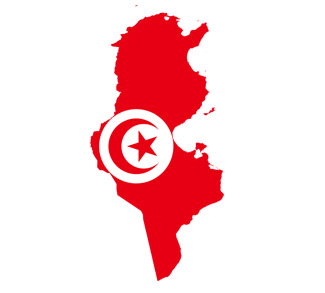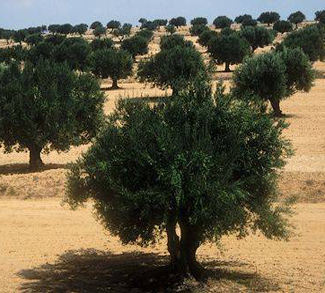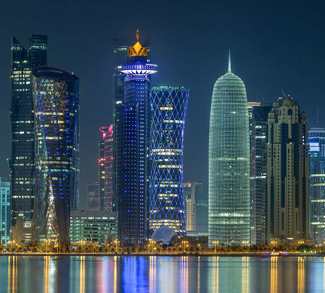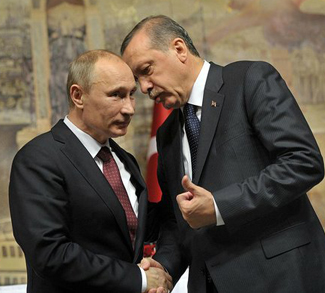Summary
Two weeks ago, the Tunisian government launched a two-day conference to drum up international investment and diplomatic support for the sole success story of the Arab Spring.
It will need all the help it can get. This fragile democracy is weathering economic and environmental crises, the prospect of a returning wave of jihadist fighters from Syria, and a string of homegrown attacks on major tourist sites. It’s also situated between two expanding vacuums, where terrorist and criminal networks are thriving outside the control of state institutions.
The question of whether international supporters heed the call to stabilize a frail but promising national unity government in Tunis is an important one. It will impact not just the immediate security outlook in the MENA region, but wider questions of progressive governance in Islamic countries.
Background
Tunisia is the only state to emerge from the Arab Spring better off than going into it, but challenges remain for this fragile democracy in the MENA region.
For one, Tunisia has failed to put itself on a growth track since the Arab Spring. Tourism, the lifeblood of the Tunisian economy, has been on the wane due to a string of high-profile terrorist attacks over the past five years. Recent numbers from the Ministry of Tourism put tourism revenues in 2016 down 7% from 2015 numbers, and down approx. 35% from 2014. Tourism accounts for around 8-10% of Tunisia’s GDP, and around 230,000 jobs (or 6.8% of total employment).




